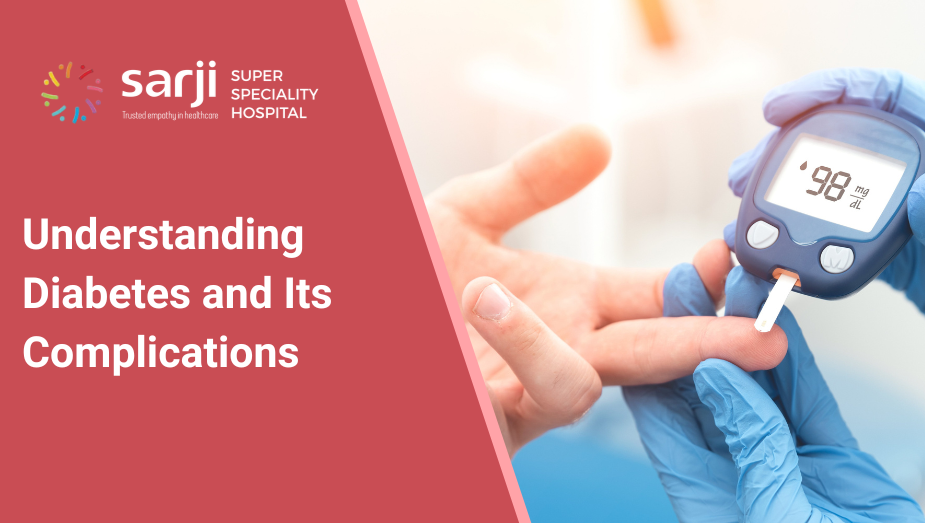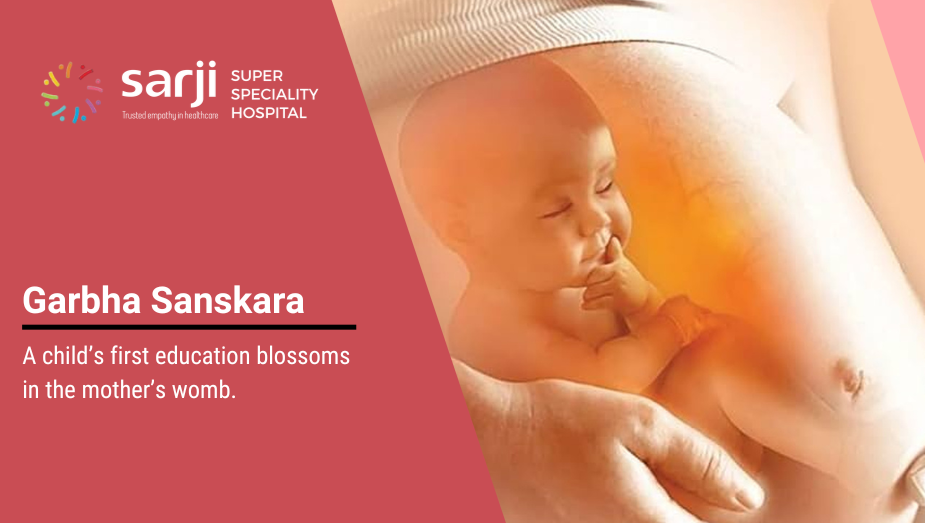Chemical Peel Treatment
A chemical peel is a skin treatment procedure in which a chemical solution is applied to remove the top layers of the skin and allow for it to grow back smoother. With a light or medium peel, there may be a need to undergo the procedure more than once to get desired results. Chemical peels are used to treat discoloured skin, wrinkles and scars- usually on the face. A dermatologist may perform a chemical peel alone, or in combination with other cosmetic procedures. In addition, it can be done at different depths, ranging from light to deep. For anyone considering a chemical peel, it is important to note that though deeper chemical peels offer dramatic results, they also take a longer time to recover.
Types of Chemical Peels
A chemical peel is a type of skin-resurfacing procedure. Depending on the skin issue that that the treatment is addressing, a chemical peel can be in one of these three depths:
- Light Chemical Peel
A superficial chemical peel that removes the epidermis (outer layer of the skin). It is used to treat fine wrinkles, uneven skin tone, acne and dryness. A light peel can be done every two to five weeks.
- Medium Chemical Peel
A medium chemical peel helps remove skin cells from the epidermis and from a portion of the upper part of the dermis (upper and middle part of the skin). It is used to treat uneven skin tone, acne scars and wrinkles. A medium peel must be repeated to achieve and maintain desirable results.
- Deep Chemical Peel
A deep chemical peel helps remove skin cells present even deeper in the skin. A dermatologist may also recommend this type of chemical peel for scars, deep wrinkles and precancerous growths. Repeat procedures are not required to achieve the desired results.
Chemical Peel Treatment
A chemical peel is used to treat certain skin conditions or improve the skin appearance, including the texture and tone. It is most commonly performed on the face, neck and hands. Chemical peels can help reduce or improve:
- Fine lines under the eyes, around the mouth, ageing, wrinkles caused by sun damage and genetic factors.
- Mild scarring
- Certain types of acne
- Ageing, sun spots, freckles and uneven skin colour
- Dull complexion, scaly patches and rough skin
- Melasma (dark patches) due to birth control pills and pregnancy.
Note: Chemical peels can’t help tighten sagging skin. Also, a dermatologist will help determine the depth of the chemical peel, depending on the skin condition and the objectives of the treatment.
Chemical Peel Complications
Some side effects of a chemical peel include:
- Swelling, scabbing and redness: Normal healing after a chemical peel involves redness in the treated skin.
- Scarring: In rare cases, a chemical peel can cause scarring- generally on the lower part of the face. Steroid medications and antibiotics can help soften the appearance of these scars.
- Changes in skin colour: A chemical peel can cause treated skin to darken (hyperpigmentation) or lighter than normal skin tones (hypopigmentation). While hyperpigmentation is common after superficial peels, hypopigmentation is common after a deep peel. These skin issues are common in people with darker skin tones and can sometimes be permanent.
- Infection: A chemical peel can cause a bacterial, viral or fungal infection, such as flare-up of the herpes virus, responsible for causing cold sores.
Heart, liver, kidney damage: A deep chemical peel uses phenol (carbolic acid), that damages the heart muscle and causes the heart to beat irregularly. Phenol can also harm the liver and kidney. In order to limit exposure to phenol, a deep chemical peel is performed one portion at a time, in a 10 to 20 minute interval.
It is important to remember that a chemical peel is not for everyone. A doctor might recommend caution against certain types of chemical peels if you:
- Are pregnant
- Have taken oral acne medication isotretinoin (claravis, myorisan and others) in the last six months
- Have frequent or severe cold sore outbreaks
- Have a personal or family history of ridged areas, caused by an overgrowth of keloids (scar tissue).
Recovery and What to Expect
Before the Procedure
A chemical peel is usually performed in an outpatient surgical facility. Prior to the procedure, a dermatologist will thoroughly clean the face, protect the hair and cover the eyes with an ointment, tape, gauze or goggles.
Pain relief is not typically required for a light chemical peel, however in case of medium peel, a pain killer or sedative might be given. For a deep peel, a sedative can be used to numb the treatment area fluid/s delivered through a vein.
After the Procedure
After getting a chemical peel of any depth, the skin will turn red, swollen, tight or irritated. Follow the doctor’s directions including, cleansing, moisturising, using sun protection and protective ointments on the skin. It can take several months before the skin colour turns to normal and the full results start to be visible.
After a light chemical peel, the treated skin will be dry, red and slightly irritated. However, these effects might be less noticeable with each treatment procedure.
After a medium chemical peel, the treated skin will be red and inflamed. Some people may also experience a stinging sensation. A doctor will recommend applying a protective ointment, such as a petroleum jelly to soothe the treated area and prevent dryness. You can also use ice packs for comfort; take over the counter pain medications, such as ibuprofen and schedule a checkup soon after treatment.
After a deep chemical peel, a person is likely to experience severe redness and swelling in the face. Some people may also experience a burning sensation. For after-care, a dermatologist might prescribe painkillers and suggest applying a prescribed ointment several times a day for approximately two weeks. It is recommended to stay indoors while the skin is healing from a deep chemical peel and schedule follow-up visits with a dermatologist soon after treatment.
FAQs
Is chemical peel good for skin?
A light chemical peel helps improve skin tone and texture and also reduce the appearance of fine lines and wrinkles. The results are subtle but improve with repeated treatments. In case of a medium chemical peel, treated skin is likely to be noticeably smoother, however follow up visits with a dermatologist are required.
How long does a chemical peel last?
A superficial or light peel will likely produce results that last for one or two months, however a medium peel can last for about six months. A deep chemical peel targets extreme sun damage and the results typically last a lifetime.
Is chemical peel painful?
In case of a light peel, a person might not feel much pain but medium or deep peels penetrate deeper in the skin, resulting in a slightly more painful experience.
What are the top three benefits of a chemical peel?
The top three benefits of a chemical peel are:
- Clear acne and breakouts
- Smoothen the look of fine lines and wrinkles
- Address superficial scars and skin infections.







